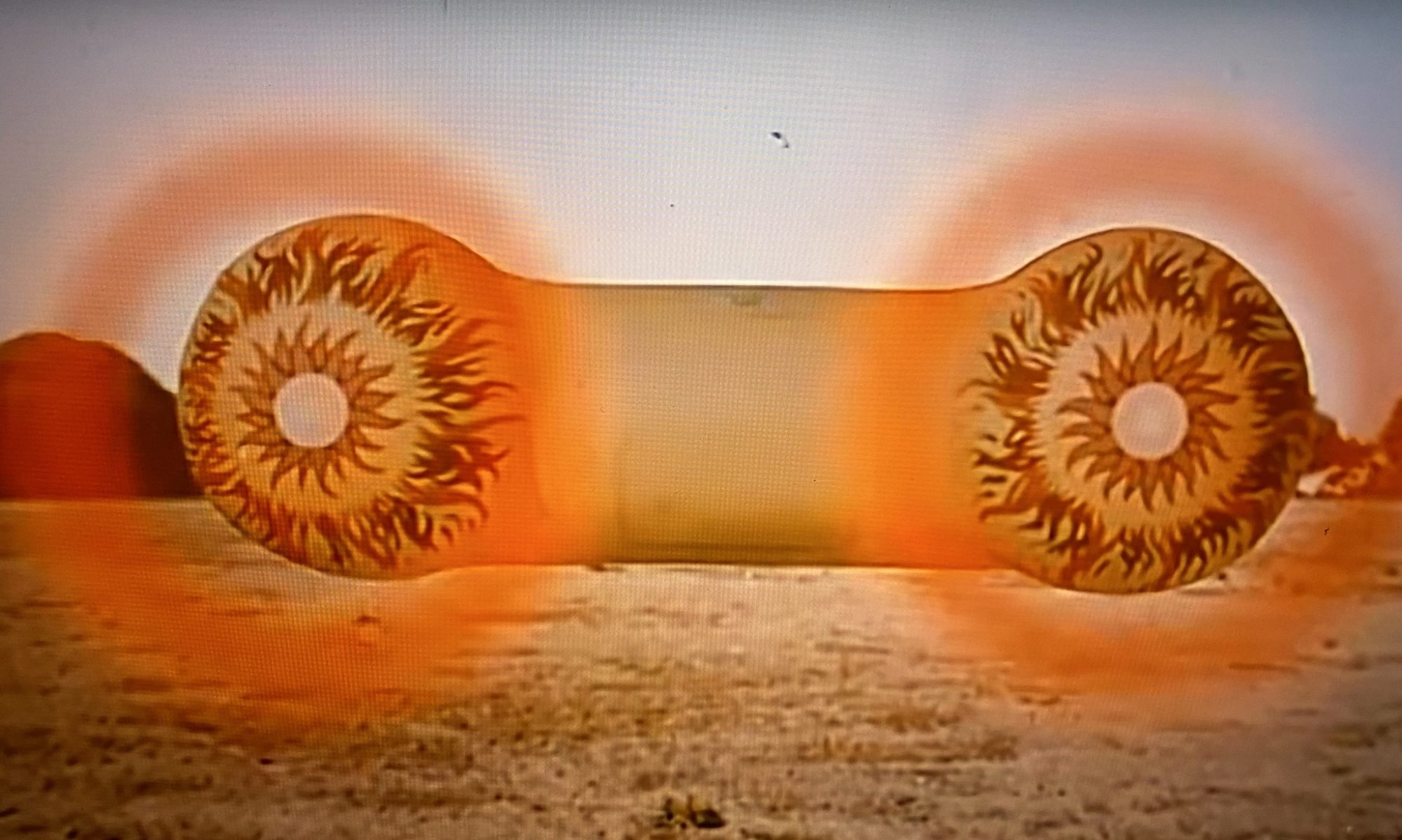The BBC just reported that “China has overtaken the US in the consumption of basic agricultural and industrial goods, a [Earth Policy Institute] survey has found.” While this is happening Bill Gates, the richest person in the world, “commended China as the great ‘change agent’ in the world over the next 20 years and praised its ‘brand-new form of capitalism'” at the recent economic conference in Davos. Here on the West Coast of North America, China’s culture and influence is easily felt, but during my recent visit to South Carolina, I don’t think my relatives can quite grasp what Bill Gates is so excited about.
I won’t throw out alot of economic statistics, but a few figures are impressive: according to USA Today “China held $191 billion in U.S. debt in 2004.” This means that our government is borrowing from China and paying back the interest. Americanprogress.org states “[in 2004] China will sell the U.S. about $187 billion in products and buy only about $32 billion back running a bilateral trade surplus of more than $154 billion.” This is the huge trade debt that you might hear about every 4 months on mainstream news.
If you just put these two statistics together, along with the fact that China is now the largest consumer nation in the world, then one can easily tell that the US is at or headed to secondary status as a world player. As an environmentalist, this concerns me. While the median income erodes here in the US, environmental regulations will erode as well. Why? Just like busting union wages, environmental regulations will be eased so Amercian companies can at least attempt to compete with China’s booming free market.
Right now, there are almost no environmental or labor regulations in China. The same BBC article states “according to investigators, Chinese factories process one stolen Indonesian log every minute of every working day…. Coal-fired power plants supply much of the country’s energy and according to government estimates, 60% of Chinese cities have serious air pollution problems…. Experts also say that more than three-quarters of the water flowing through China’s cities is unsuitable for drinking because of pollution from industrial waste.” According to a US Deptartment of Labor report “the Chinese Ministry of Labor admitted that the situation regarding the employment of child laborers was ‘very serious’ throughout the country.”
I won’t even get into China’s modernization of their military, but I will conclude by saying that capitalism is a viscious system. Just like the gold rush frenzies that took hold of North America, and before that Europe, the human desire to capitalize on other’s labor and earth’s resources creates winners and losers. This oncoming gold rush will leave average Americans in the dust, while folks like Bill Gates, and his Chinese counterparts, will do just fine.

 The Future, in China
The Future, in China